A





This A-Z list of actions started as a matching pairs game. The game points towards the interconnect-ness of all life on this planet and is born out of a grief for the impending mass extinction of so many species. Each action relates to a shift in thinking, putting the environment at the forefront of our daily lives.
The representation of an animal on each square (it could just as easily be a plant, a fungi or a microbe) is a reminder of the connection between human actions and the lives of all beings, however obsure that might seem. The A-Z also serves as a directory of individuals and organisations who are harbingers of a future society build on care and co-operation.
In a world of highly complex supply chains, the provenance of ‘things’ (eg food, clothes, household items) can get completely lost. A is for braving the awkwardness and asking where this stuff comes from to discover who or what is paying the true environmental cost for it. Many organisations are working to make this quest easier. For example the C.L.E.A.R. consortium are campaigning for clear and mandatory labelling for food in the UK. Many more assocaitions either expose bad practioners or support the enlightened ones who are doing it right.
@clearfoodlabel
@cleanclothescampaign
@soilassociation
@bcorpuk
Our obsession with tidiness, in both domestic gardens and public greenspaces, is not good for wildlife. Mess is generally more hospitable to wildlife. For example, seed heads, decaying stems and piles of leaves all make great habitats for your invertebrate and small mammal neighbours. Plantlife's 'No-Mow May' campaign is slowly lodging itself in people's mind and councils are increasingly leaving verges to grow long, providing vital habitats. This approach scales up as well, with many farmers now appreciating that a much more mixed landscape, complete with messy bits will improve the overall biodiversity on their farms.
@katebradbury
@DaveGoulson
@plantlife
@buglife
@herdyshepherd1


A subtitle analysis of 7 major TV channels found that in 2020 'scotch egg" was mentioned 3,742 whereas 'biodiversity' clocked up just 1,688 mentions. *
Talking about biodiversity loss and the ecological crisis is free but of huge value. We need to keep the topic high on the agenda - here are some folk who do.
@janegoodallinst
@chrisgpackham2
@birdgirluk
*source @wearealbert


Encompassing the interlinking threats of biodiversity loss and climate breakdown, our food systems need rapid change. While governments fail to free themselves from the influence of agribusiness, many of us can vote for a better food system every time we eat. While there’s much debate over particular dietary directions, I suspect most people can agree on the idea of a regenerative, non-polluting, more humane and more equitable food system.
climavore.org


This particular doughnut is the illustrative one that economist Kate Raworth uses to challenge the economic goal of endless growth (you know, the one that got us into this mess). The doughnut represents the sweet spot where humanity can thrive without over-shooting our planetary boundaries. Last year Amsterdam was the first major city to adopt this concept, seems pretty sensible.
@DoughnutEcon
doughnuteconomics.org
weall.org

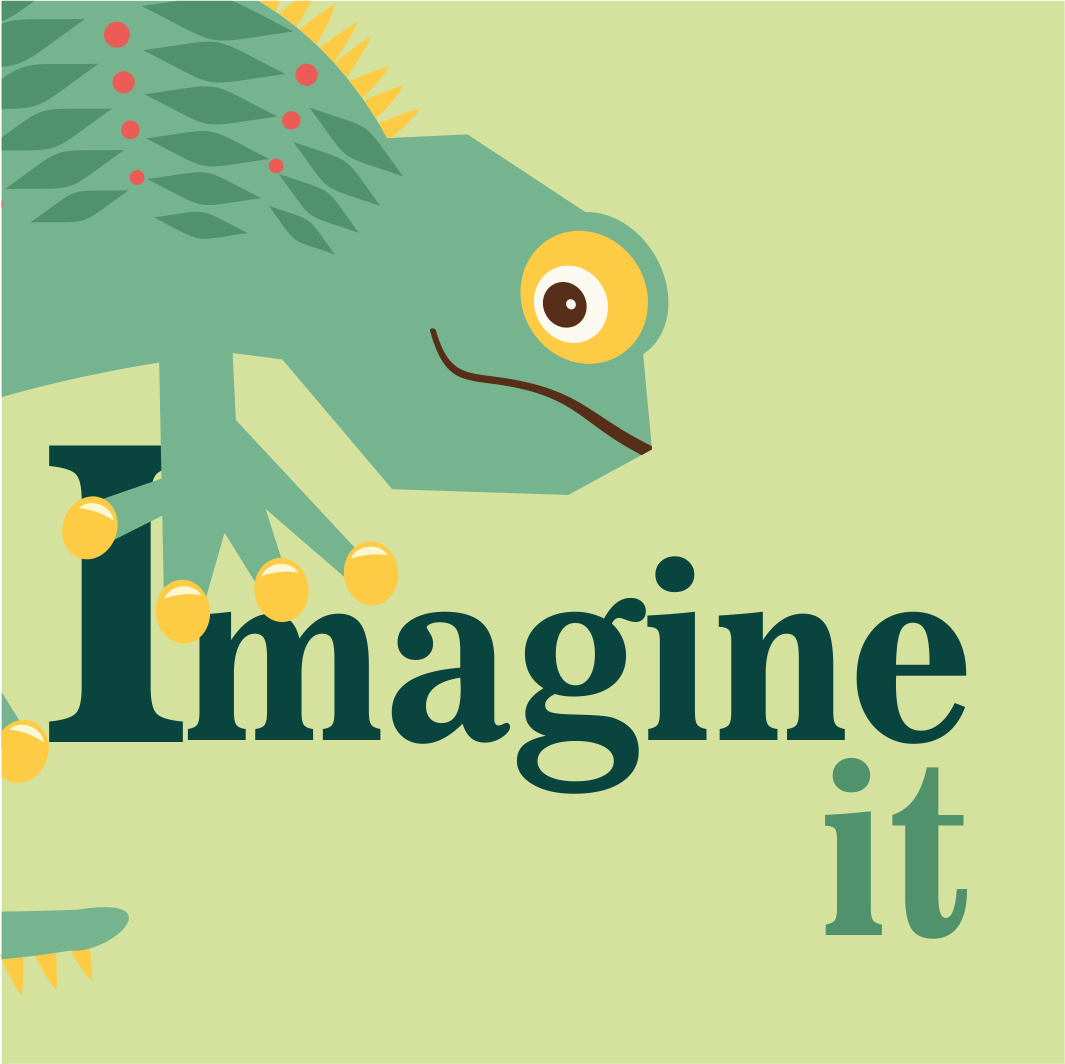
Prototypes of alternative futures did fleetingly appear durely the early stage of the pandemic (remember those car-free streets?) but they seem to have faded in the quest for a return to 'normal'. We urgently need stories to illustrate and inspire alternative ways to live and anyone should feel like they can tell them.
If we can't imagine the destination, then how do we get there? Here are some good story tellers;
@studioolafureliasson
@AnnaTsing
feralatlas.supdigital.org
@RobertMcfarlane


"This is coal, don't be afraid" quipped soon to be Australian PM Scott Morrison in 2017, as he brandished a lump of coal in parliament. His argument was that Australia's economic dependence on the stuff outweighed any possible benefit from transitioning away from it. Two years later, while Morrison holidayed in Hawaii, the country suffered a catastrophic bush fire, killing at least 34 people, up to 3 billion animals and costing the country countless billions of dollars.
Climate change is not only the greatest threat that humanity faces, with millions already suffering its effects, it's also wiping out species at an accelerating pace. Keeping as many fossil fuels in the ground as possible is the most important lever we have and although this clearly falls into the Big System Change camp, public pressure will force governments and energy companies to listen.
@extinctionrebellions
@sunrisemovement
@350


Imagine if using old tech received more kudos (people might not laugh at my phone so much) but alas, newness is often revered above and beyond anything else. This rapid turnover of tech leads to huge amounts of e-waste, not just from actual phones and other electronics, but their peripherals such as chargers and batteries as well. This means a huge environmental cost at the beginning (mineral mining, carbon emissions etc) and a hidden toxic nightmare at the end.
While there are some companies genuinely trying to make tech in a better way eg. @fairphone my motto still would be to ignore the ads, make what you have last and refuse the unnecessaries.
@ellemacarthurfoundation
@techtakebac

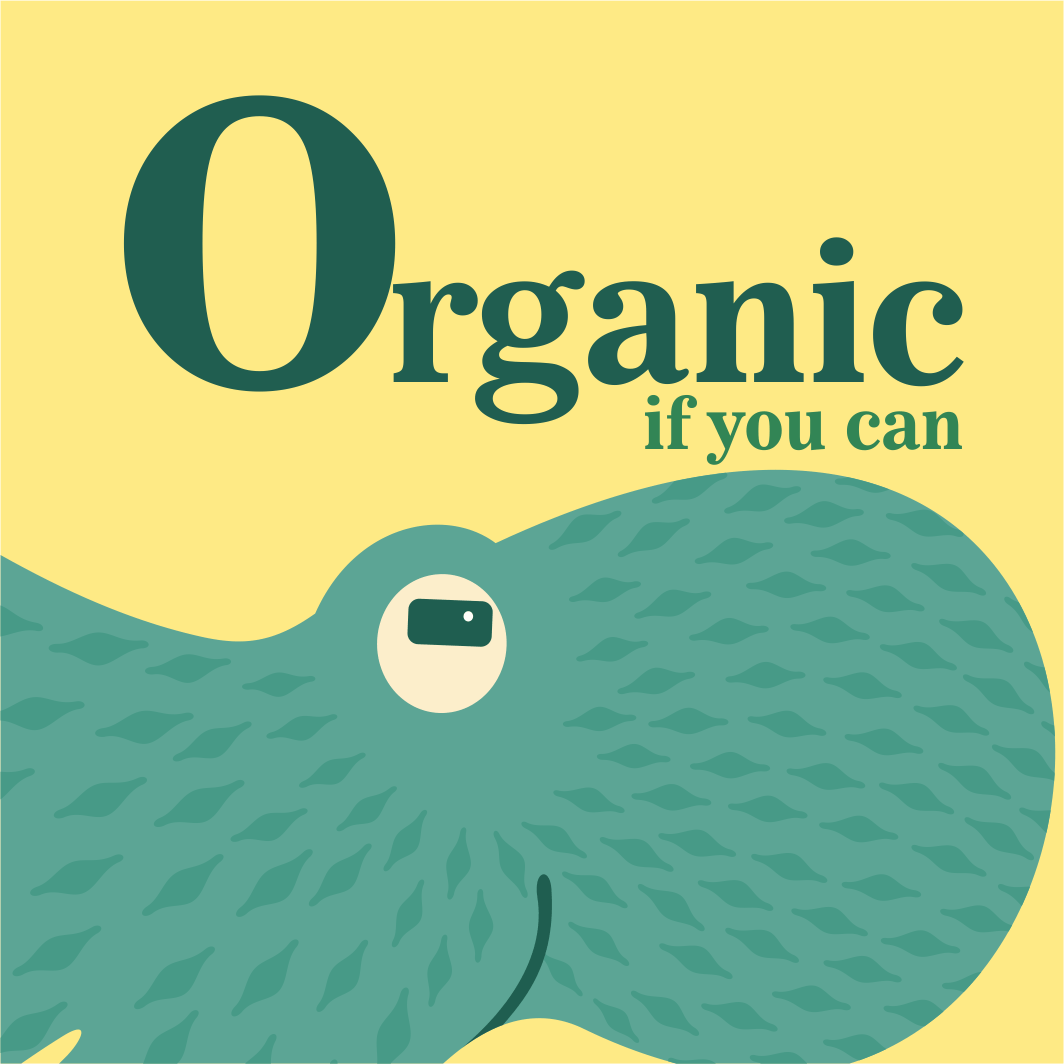
Fun fact: there are more micro-organisms in a quarter teaspoon of soil than there are humans on Earth. In fact, soil contains an estimated 25% of the planet’s biodiversity; from single celled bacteria, archaea and fungi, to water bears, beetles, ants, earthworms and many more; all play their part in crucial ecosystem functions. Routine use of pesticides is surely not the way to treat such an abundance of life. Although the effects of chemicals on soil life is vastly understudied, clear evidence is emerging of the damage that is being done to these underground heroes. This adds to the many reasons for supporting agroecological farming practices, such as organic, if your budget allows.
@soilassociation
@riverford
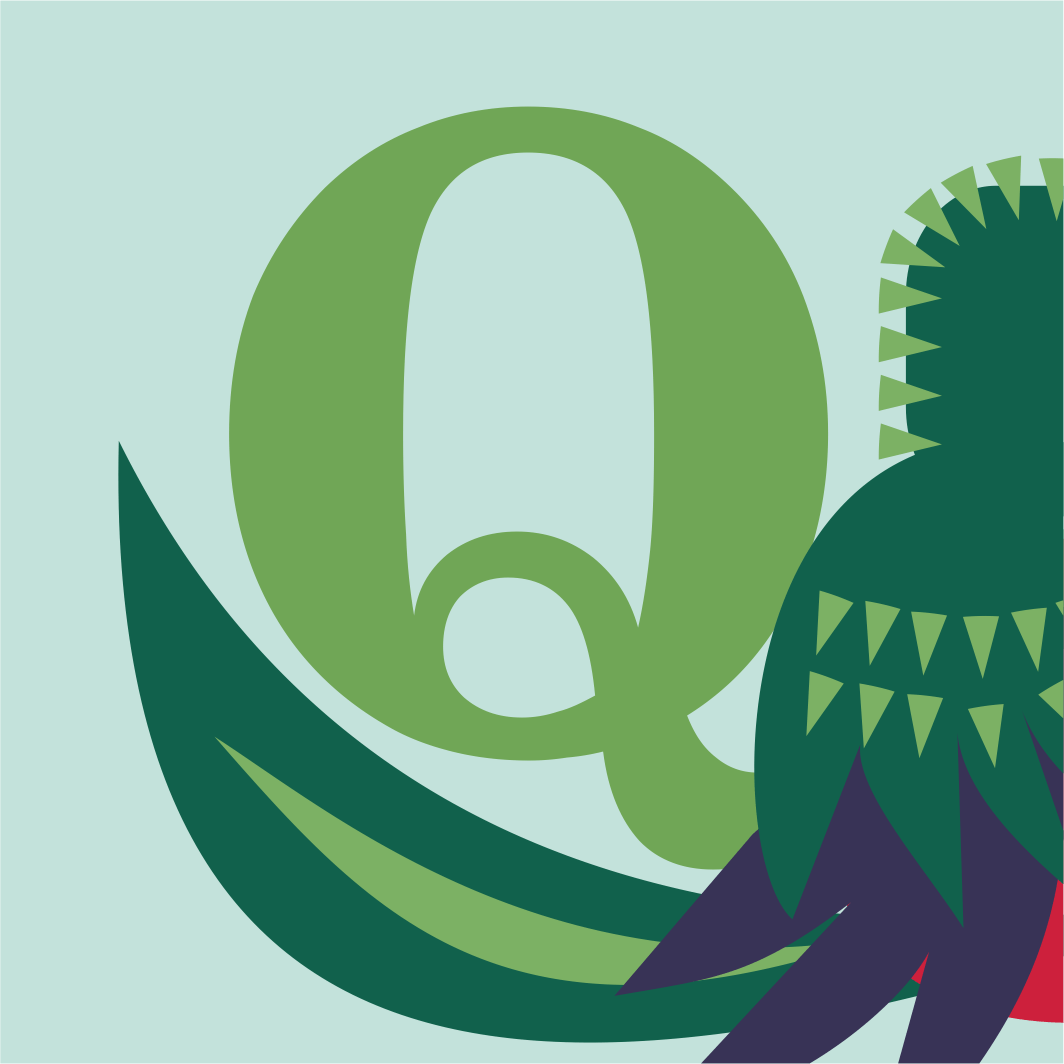
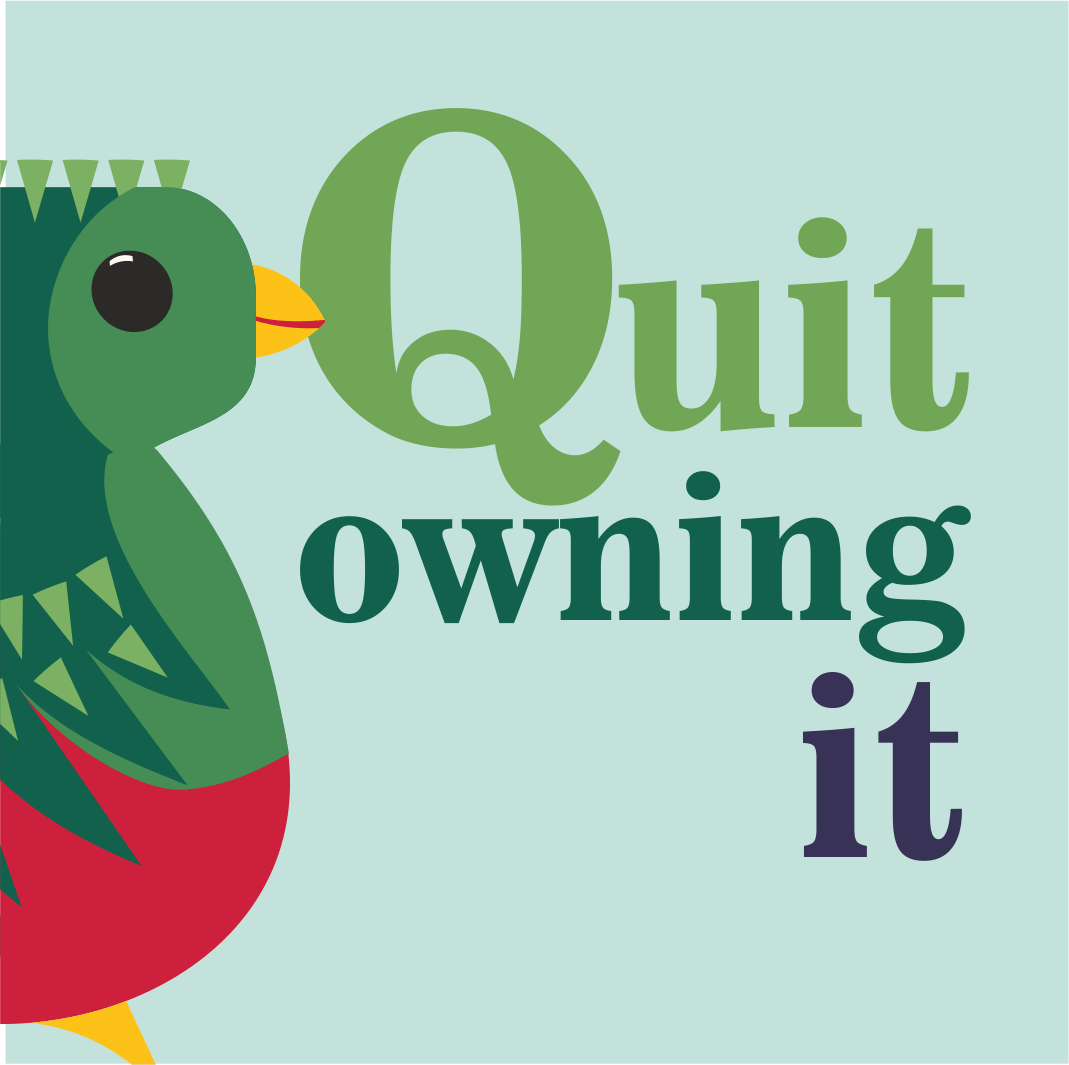
Recent analysis* has found that manmade materials now outweigh all life on earth. What's more, this is increasing at a rate which corresponds to each person on the planet producing their own weight in stuff per week. While much of this is construction materials etc, think also of the weight of stuff inside our homes, specifically, the items that we don't use much (in the UK it is estimated that 80% of household items are used just once a month).
Projects such as the Library of Things are excellent antidotes to both bulging cupboards and scary statistics. The libraries lend items such as ladders, tools and tents. Local chat groups are also a great way to share useful but rarely used items. Both these examples herald a vital switch away from individual ownership to communal sharing.
*@nature_the_journal
@library.of.things
@shareshedmobile


On a walk the other morning, through a foggy pane of our local hall, I glimpsed a silver haired couple gracefully waltzing at an early morning dance class. The hall is used extensively for such wholesome and convivial purposes, having been spared development following an inspired crowd-funded community take-over many years ago. This is a small example of how the collective stewardship of resources (be it anything from software to forests) can provide a dynamic and lively alternative to the current economic system that so many of us can't imagine our way out of.
In the spirit of sharing, David Bollier has just published his book ‘The Commoner’s Catalogue for Changemaking’ as a free open access flipbook. Check it out!
https://www.commonerscatalog.org/books/the-commoners-catalog-for-changemaking?page=-3

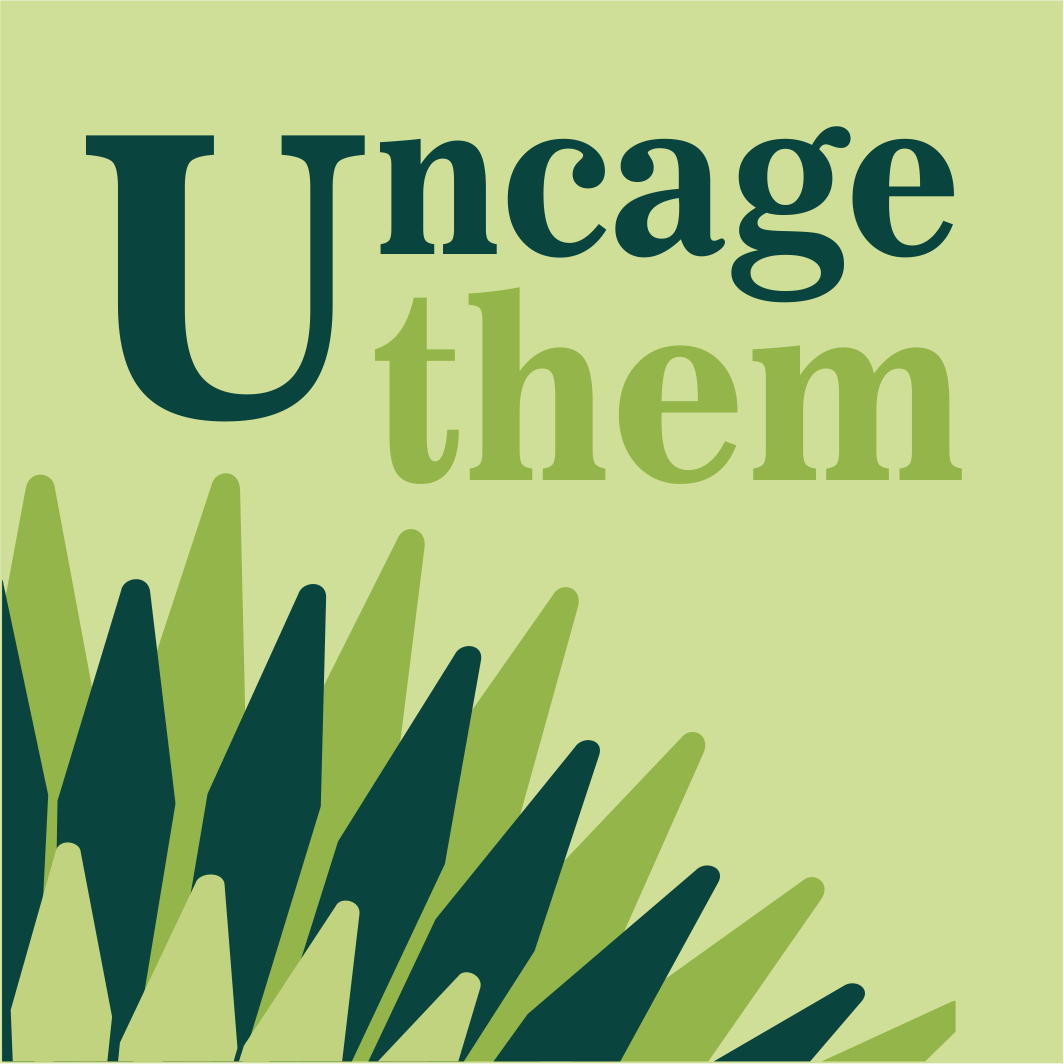
The mismatch between the public’s feelings on animal welfare and the brutal reality of intensive farming is quite stark. Across the EU alone, hundreds of millions of animals such as chickens, rabbits, ducks and geese spend their entire lives in cramped, barren cages with many more subjected to long periods of restricted movement. In the UK, 60% of pigs spend much of their lives in farrowing crates, kept from natural behaviours such as nesting or even simply turning around. Compassion in World Farming are campaigning to bring in an outright ban on caging farm animals. (see link in bio) However, in the UK, the government seem to be heading the other way and are currently considering overturning the current ban on the import of foie gras and fur. Now is the time to demonstrate to MPs the strength of opposition all types of caging of sentient beings. 82% of Europeans believe that farm animals should be better protected, so let’s act.
#endthecageage
@ciwf_eu

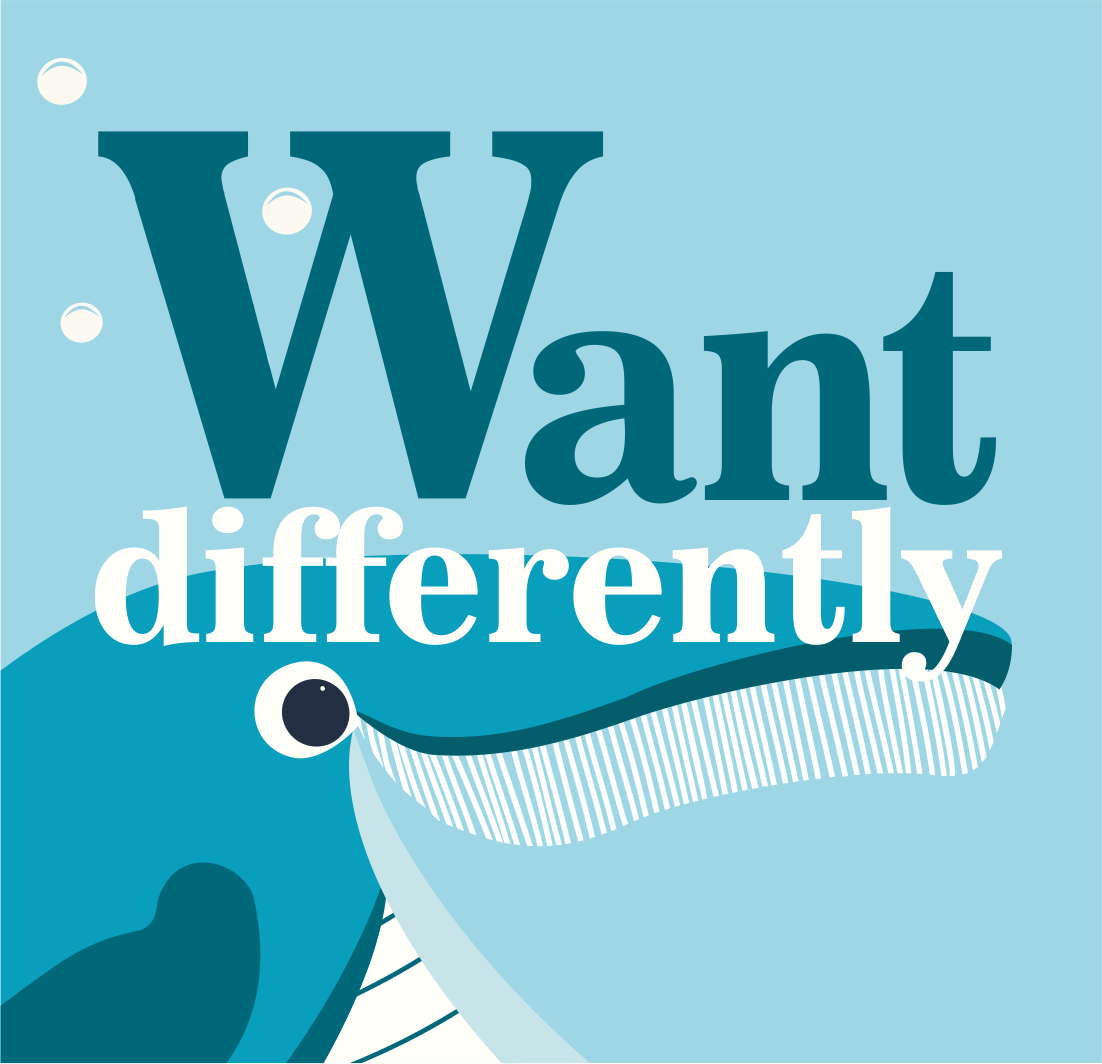
Decades of advertising, now amplified by the constant barrage of social media, have made it very difficult for high consumer societies to decipher their wants from their needs. This makes transitioning away from current unsustainable lifestyles (be it through choice or regulation) potentially much harder to countenance. If only ad agencies and TikTokers could apply their persuasive magic to elevating something like LISTENING TO A ROBIN SING to the 'want' level of HAVING A NEW DRESS. That would be radical.
#naturecannotwait
#climatechange
#ecoanxiety
#ecocide



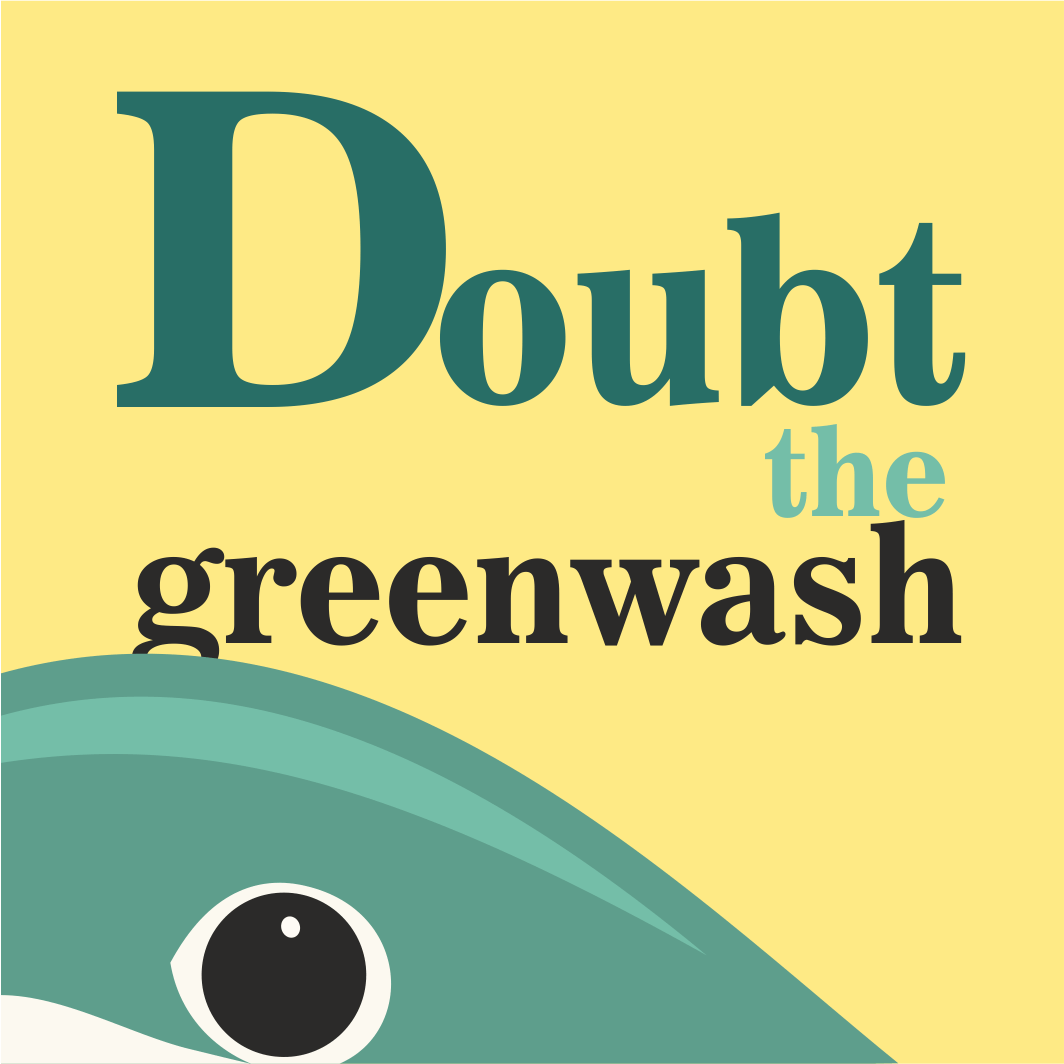
I saw an ad the other day by a brand boasting about its amazing renewable, recyclable and bio-degradable packaging. What was this wonder stuff? It was, of course, just a cardboard box.
Greenwash can be anything from this kind of mundane eco-spin to top level corporate fibbing. Beware the tsunami of greenwash as companies desperately try to clean up their act via dodgy press releases rather than committed action.

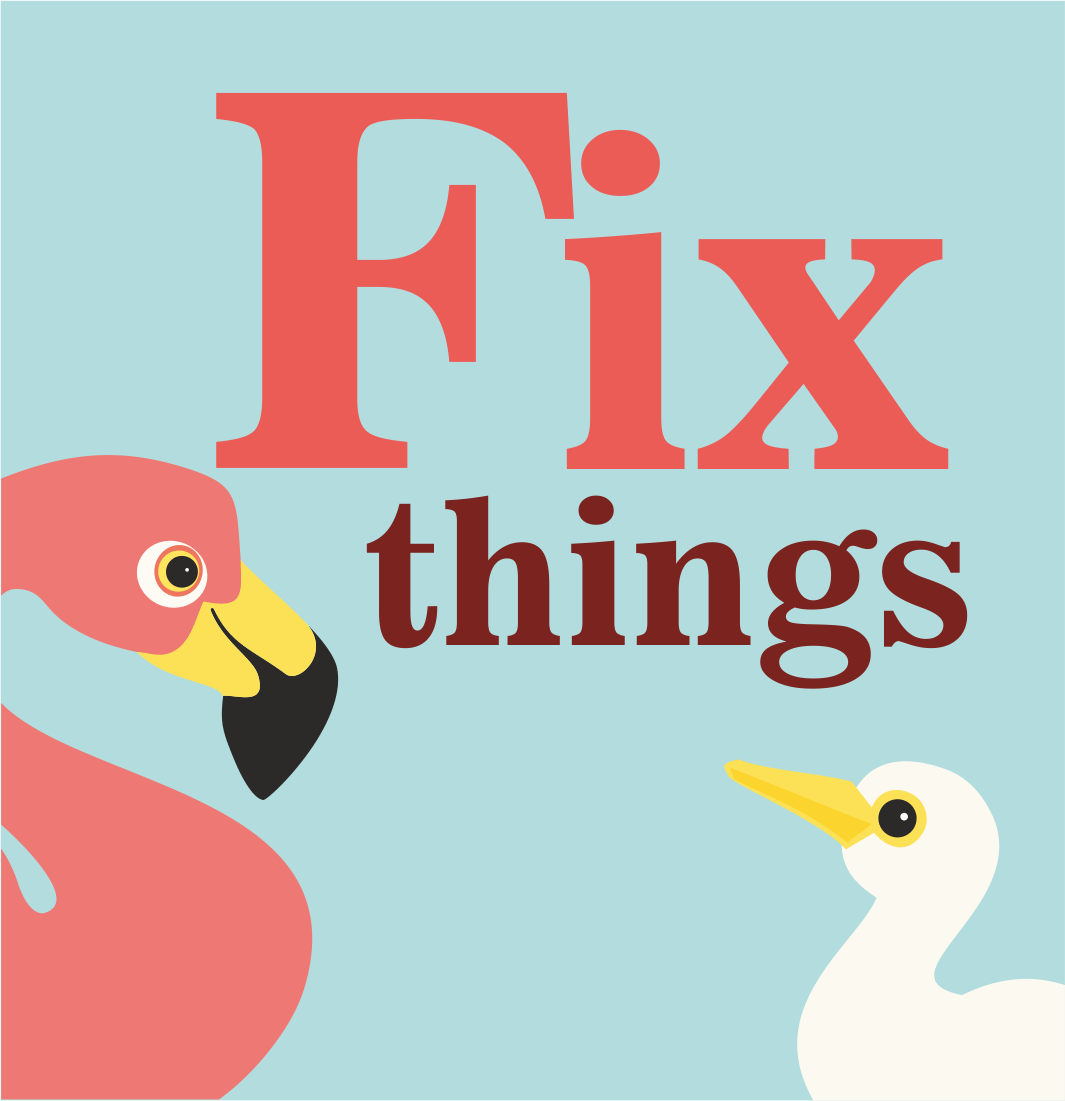
With current linear modes of production, more stuff means more extraction, more habitat loss, more shipping, more pollution and more CO2 emissions. All of this impacts heavily on other living systems.
Throwaway culture is a curse, repair is an essential tool to break free of its clutches; at least for items that haven’t been made unrepairable through intention or bad design (but that’s another story).
The repair café movement started a decade ago and there are now nearly 2000 cafes across Europe where friendly folk will help you fix anything from a toast rack to a tricycle.
repair.eu
repaircafe.org

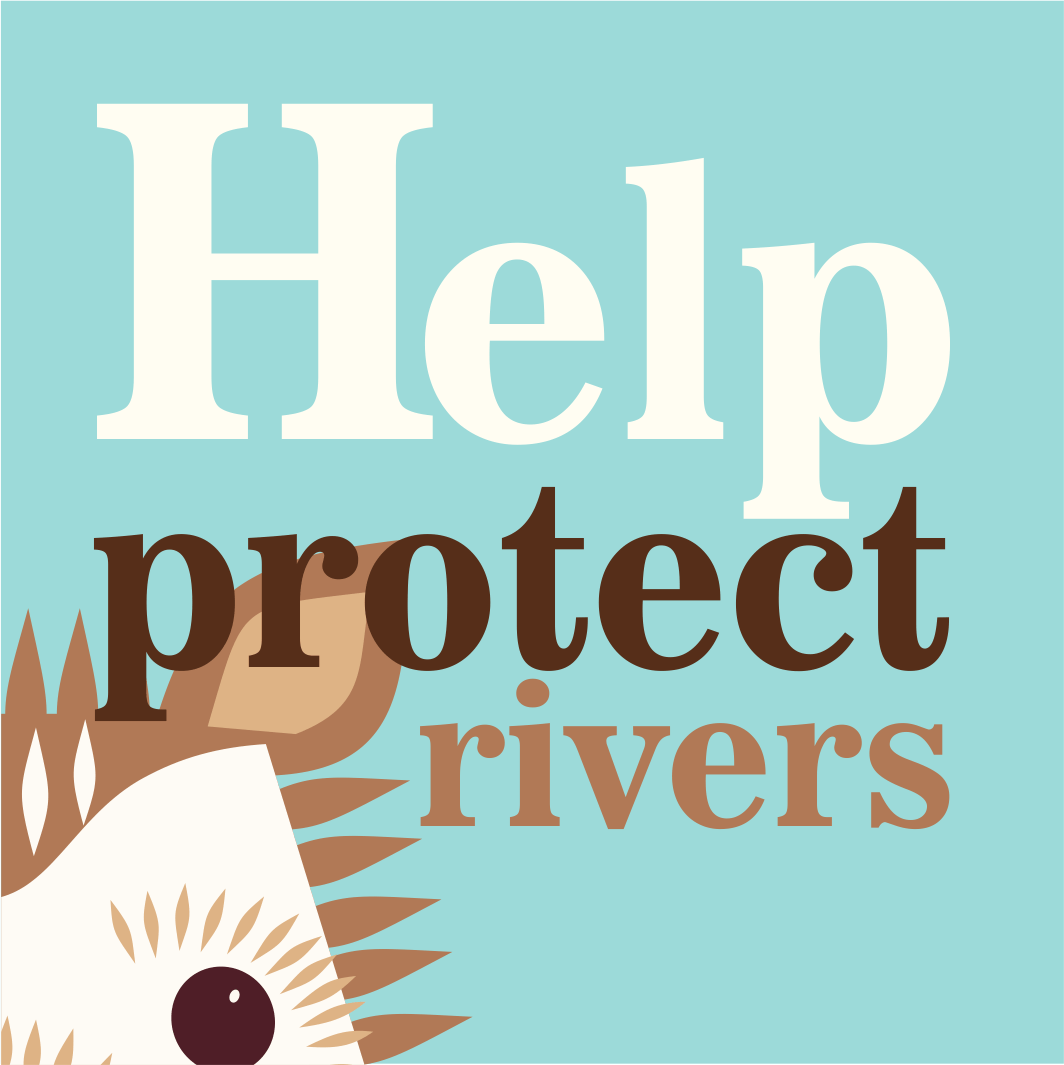
Shocking fact: NONE of England's rivers, lakes or streams were deemed to be in good health in 2020. Chemicals, sewage, manure, and plastic pollution are wreaking havoc with wildlife and human health. Things are only getting worse due to a lethal mix of corporate incompetence and regulatory failure.
Public action could take many forms: Lobbying local water companies to invest more in infrastructure, writing to MPs, joining your local river friends' group or simply lending your support to musician turned river defender Feargal Sharkey over on Twitter.
@feargal_sharkey
@surfersagainstsewage
@RachSalv

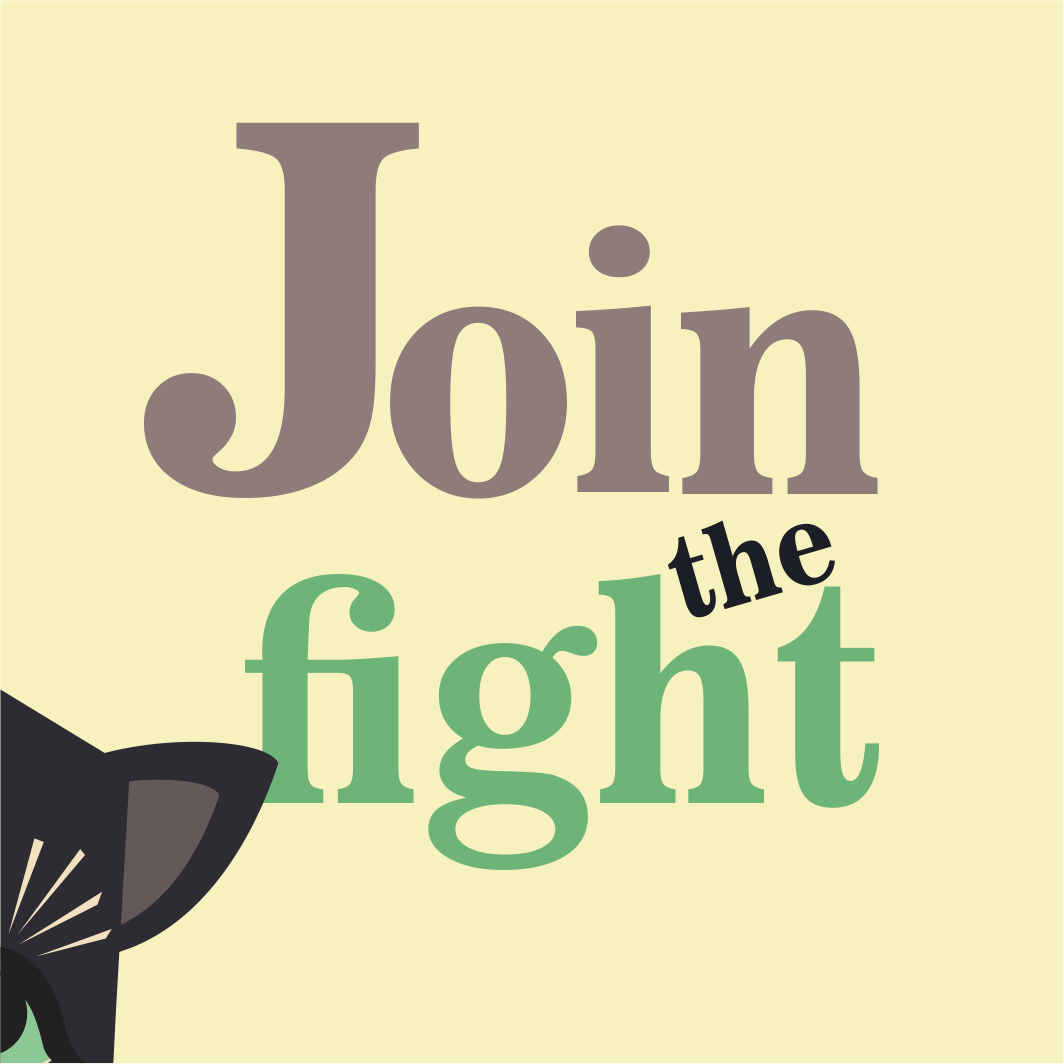
As much as 80% of remaining forest biodiversity lies within Indigenous people's territories. Many of these groups are suffering catastrophic human and land rights abuses at the hands of governments and corporations, often under banner of 'development'. Conservation NGOs are also guilty of overlooking the vital importance of indigenous people as stakeholders.
The fight to protect Indigenous peoples and their land is one we should all get behind, under the leadership of those communities.
@redhouseseries
@futurosindigenas
@survivalinternational
@indigenouspeoplesmovement
@frontlinedefenders


The race to produce substitutes for meat is on, with the potential for the winners to be more of the ultra-processed convenience foods that have plagued public health for so long. So how about a shout out to the protein packed simplicity of legumes and their dried offspring, pulses? With minimal processing these little nitrogen fixing marvels are arguably a healthier route to reducing our reliance on intensively reared meat. Of course, many countries have always and continue to cook extensively with varieties of pulses, but many more, including the UK, have fallen out of love with them.
Producers like @hodmetods are bucking this trend with UK grown delights such as fava beans and carlin peas.
hodmetods.co.uk
climavore.org


One example of how our oceans are criminally over-fished is the industrial scale plunder of West African and South American wild fish stocks to feed European & Asian farmed fish. Instead of feeding local people, the fish are caught (often by unregulated vessels with diabolical working conditions) and exported as fishmeal to feed farmed species such as salmon (itself a hugely destructive industry). Greenpeace estimates that this practice presents a food security threat to 33 million people in West Africa alone, as well as completely messing with the ecological balance of the ocean.
Eating less and trying further down the food chain are both good places to start: Sustain has an informative list of other ways to reduce your fishy impact.
@feedbackorg
@bloomassociation

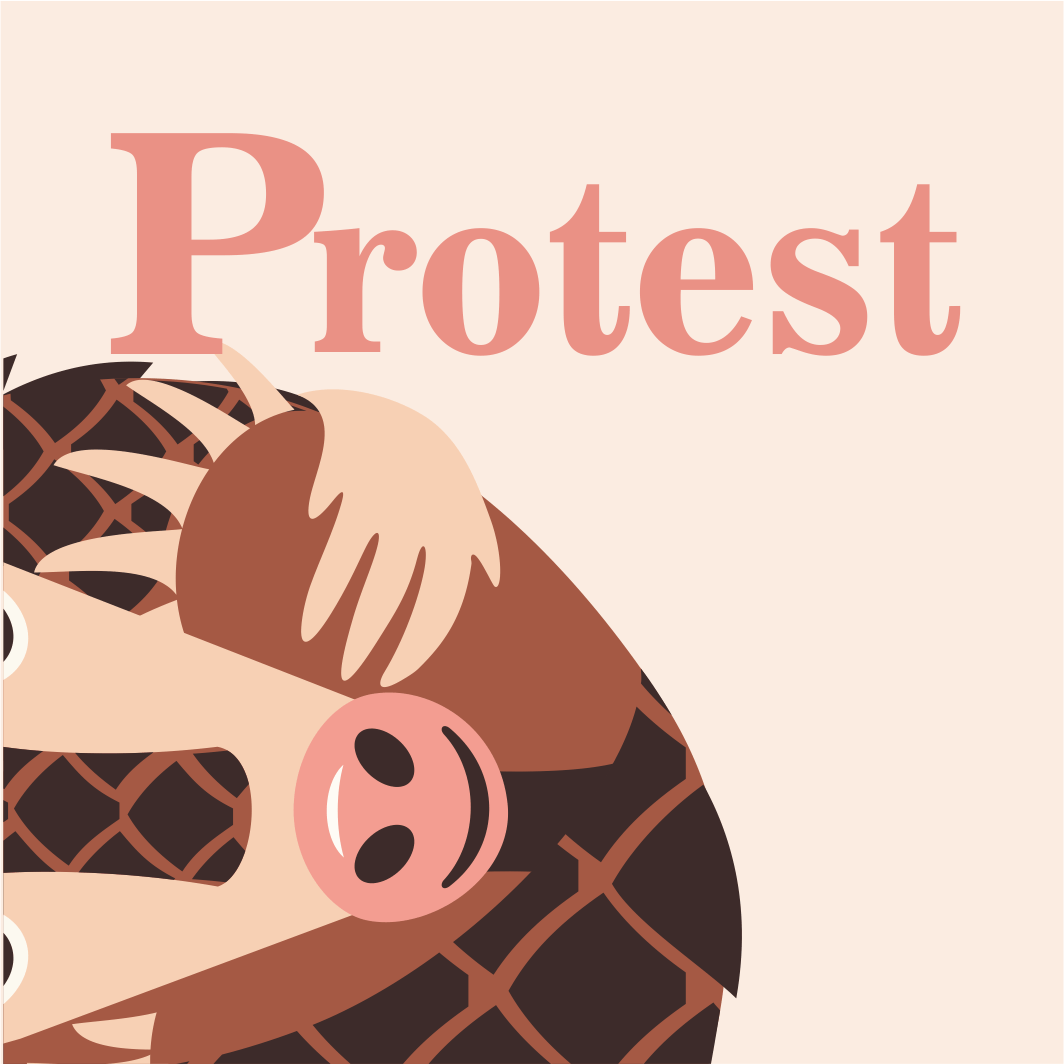
At a time when there is so much to protest about, many governments are cracking down on this essential right. This is a particularly sore point in the UK at the moment. The controversial Police, Crime, Sentencing and Courts Bill is so draconian in parts that international civil rights group Civicus have put the UK on a watchlist due to its rapid decline in civic freedoms. Despite initial public outrage, the bill has been passed in the Commons and is currently at report stage in the House of Lords. It seems we now urgently need to protest for the right to protest.. just beware of that criminal conviction or even a possible jail sentence if you are considered to be 'an annoyance'.
@killthebill
@jennyjones

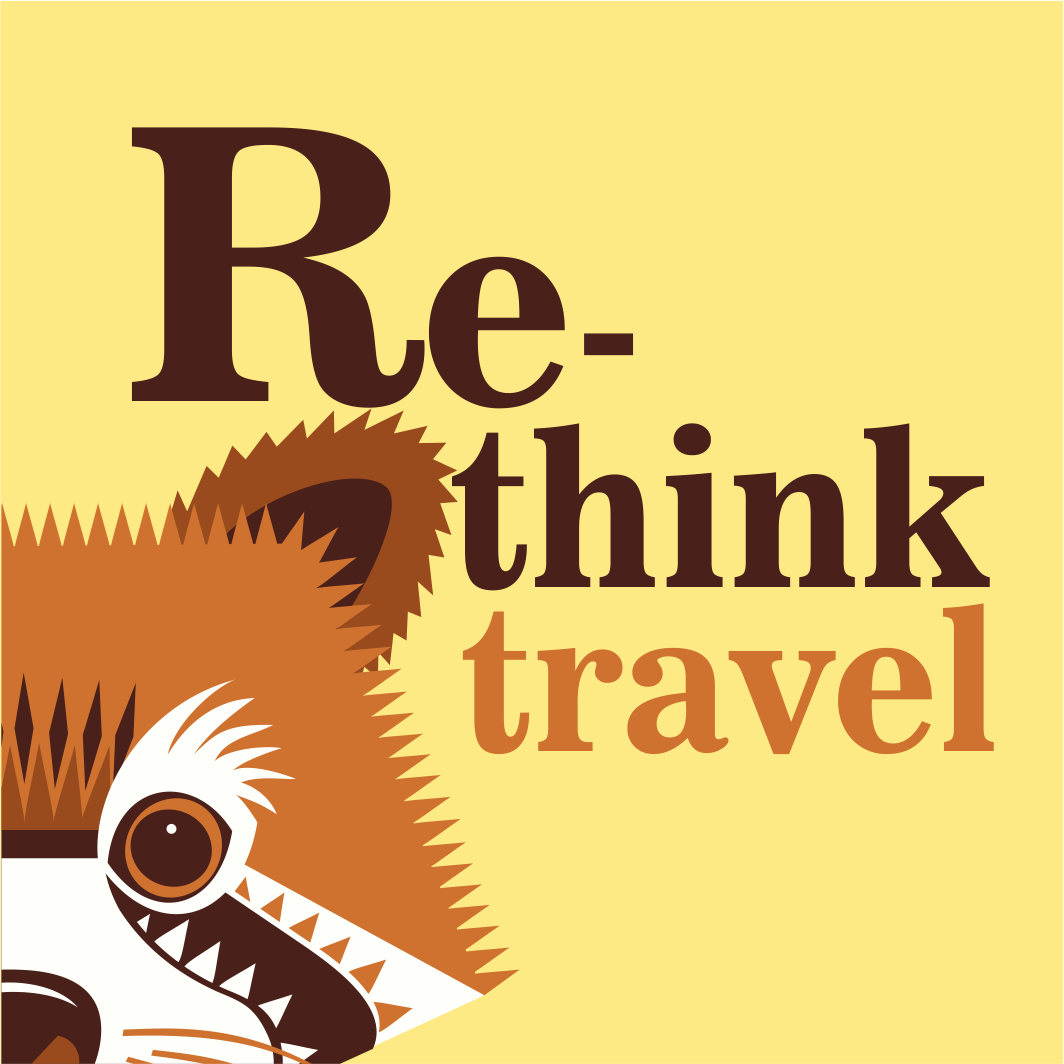
Our urban environments are utterly dominated by cars and I wince every time I hear discussions about electric ones being our saviour. Aside from issues such as ecologically damaging lithium mining and the huge carbon footprint of manufacture, are we really sure that car clogged streets are something we want to preserve?
It would be such a waste to not use this pivotal movement to radically re-think the way our city streets work, with active travel prioritized. As someone quipped the other day, we don’t so much need driverless cars as carless drivers.
@livingstreets
@playingoutcic
@sustrans


Access to greenspace is a social justice issue. Not all of us have equal access to the numerous health benefits that spending time in nature can bring. This inequality also denies many the enrichment of close up experiences with wildlife, trees and plants. The figures are stark: 10 million people in the UK have no easily accessible greenspace. It's time for a joined up policy to allow all people to access parks and the wider countryside. Here is a list of active organisations in this field.
@cpre
@field_studies_council
@opencountry30
@pathsforall
@flocktogether
@birdgirluk


Without government action on biodiversity and climate, we’re a bit stuffed. One thing to immediately do is to make ‘The Commitment’. This is a pledge to put the health of the planet at the heart of your vote. Not aligned with any particular party, @thecommitment_x then (anonymously) inform politicians of the groundswell of support for green policies in any particular constituency (at both local and national level) The logic being that if we can show high levels of demand amongst the electorate, this will in turn influence manifestos and subsequent actions. Spread the word.
@thecommitment_X

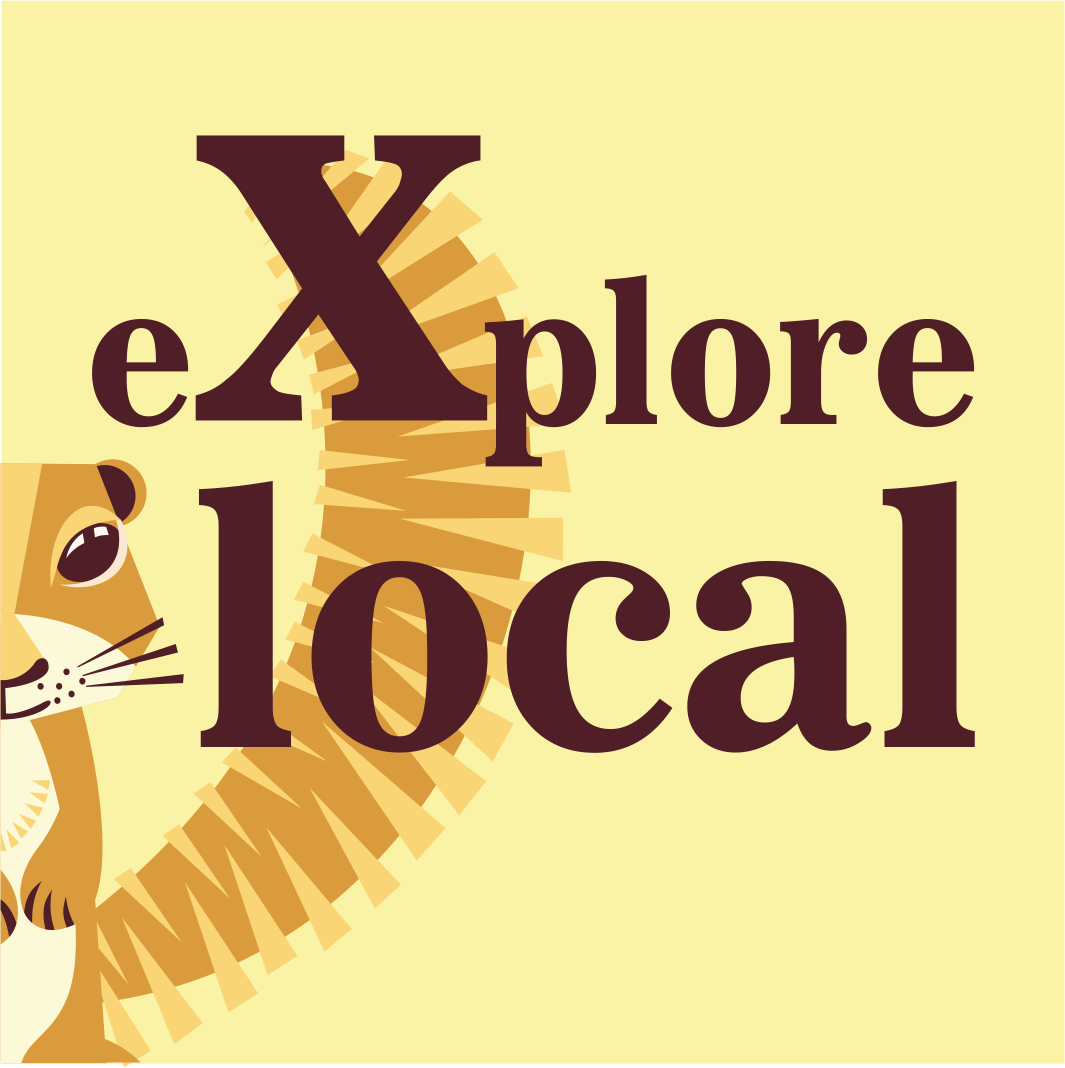
For resilience, sustainability and community cohesion, explore local. Whether it's energy, food or tech; small and local can provide more resilience to shocks than the vastly complex global chains and systems we've become reliant on. There are countless brilliant examples of the power of local: from the Transition Town movement in the UK to the success of Detroit's community market gardens. As designer Thomas Lemmée neatly puts it "The next big thing will be lots of small things"
#localism
#transitionmovement
#smallfarmfuture
Despite spiralling house prices, there is currently more wealth in the UK tied up in pensions than in property*. There is a LOT of our cash (around £2.6 trillion) potentially being invested in businesses which we would find completely abhorrent. Even pensions described as 'ethical' can be completely inconsistent: Invest in the gambling industry? No way! But deforestation for soy production? Absolutely! There seems to be a little bit of progress happening, with some funds now offering fossil fuel free options, but it seems a lot harder to select pensions which avoid pouring money into other ecocidal industries. One thing is clear though, the more questions asked, the more scrutiny demanded, the more pressure there will be on providers to up their game.
*Source: ONS
@mmmoneymatter_
